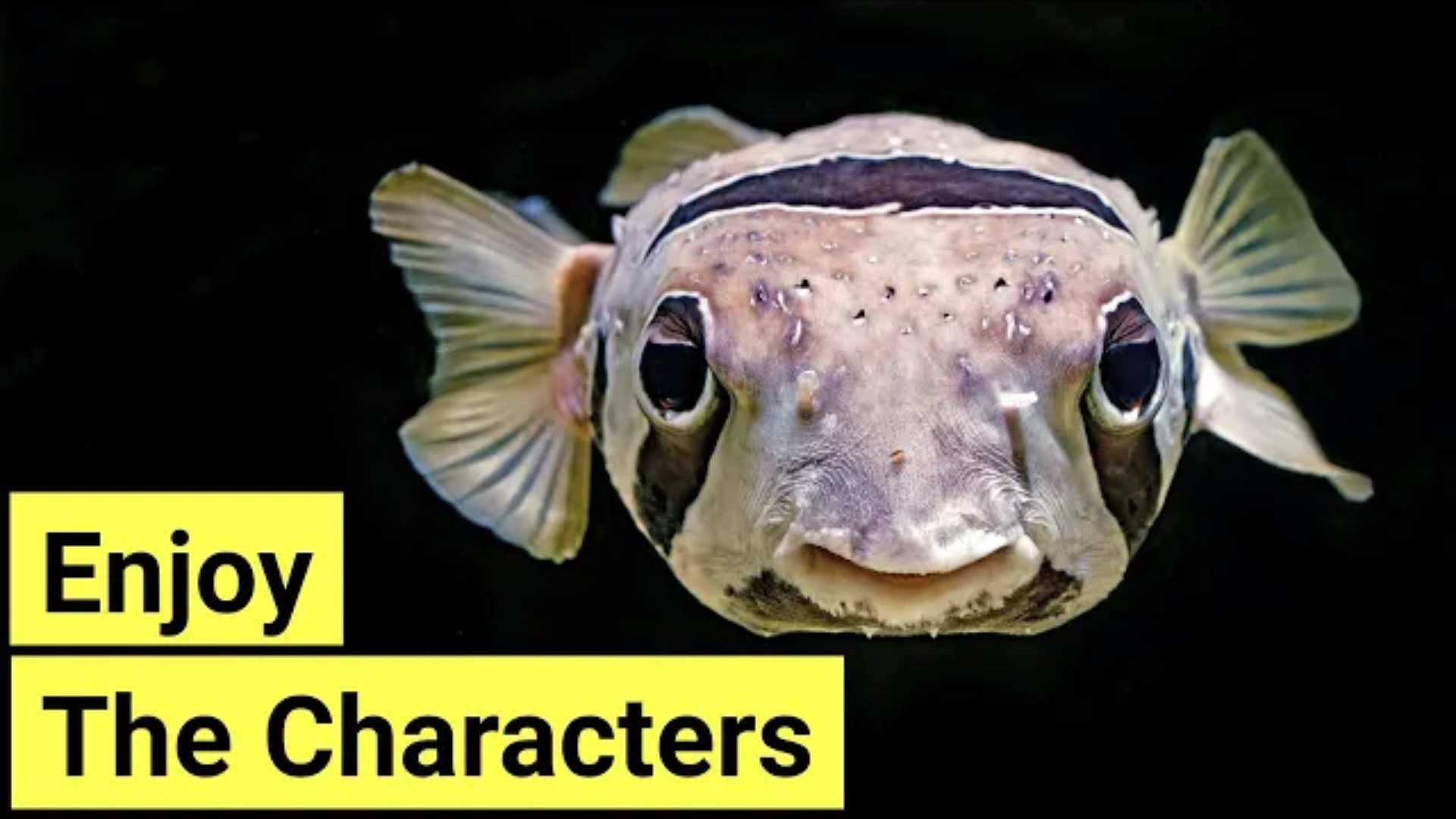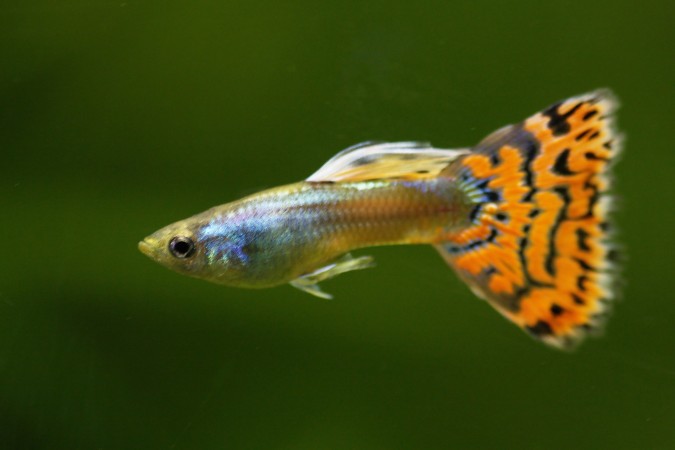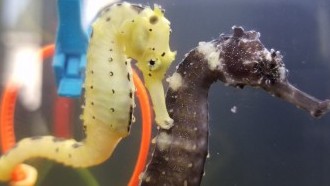7 Habits to Develop as a New Saltwater Aquarist
- Mar 13, 2021
- Anshika Mishra
- 229 0 0

Getting your first reef tank is a little like having your first child, you can do all the research you want in the advance but when the time comes, the reality is very different from the theory. So, you have to work things out for yourself. There are a few habits that as a reefer will decide your success in the hobby.
Therefore, below are the 7 habits by Reef Dork that you should develop as a new saltwater aquarist, which will make life easier for you, help you develop as a better reef keeper, and will ultimately improve your new tank.
7. Weekly Water Changes
One of the most commonly asked questions for beginners is can I run a tank without water changes? And the answer is while it is possible to do so, the reality is even expert reefers rarely have success this way.
10% weekly water changes with good quality water will help keep your tank in balance along with mitigating any beginner mistakes you tend to make. They will remove bad things like nitrate and phosphate that will otherwise result in algae taking over. And they can further out-replenish good things like Calcium and Alkiliniyt that your corals and coralline algae will deplete.
You should have known before stepping into this hobby that this is a hobby for anybody but lazy. So, Always take some time once a week to perform water changes on weekly basis and stick to it like clockwork.
6. Inspect For Problems
Changes happen frequently in reef tanks especially when the tank is new. Now, most of those change isn't a problem, so there is no need to panic, but if you understand the process going on in your tank, it will each your how the ecosystem in your care runs.
You will also constantly discover new things, whether it is seeing a bristle worm for the first time or an Aptasia on Anemone. Some of this stuff will be beneficial but some will be harmful. But you would not see anything that other people haven't seen before, therefore you can always get help.
Close inspection will also help you in noticing if any of your fish have developed marks they didn't have before if your corals are showing signs of distress or you have nasty algae popping up. While you don't want to rush to change things in your tank, catching troubles when they first come up is half the battle when it comes to fixing problems.
5. Regular Cleaning
The good side of cleaning your tank inside out regularly is cleaning algae off your glass, a couple of times a week and running a microfiber cloth over the outside of your glass which is the best way to make your tank look instantly awesome.
The more time-consuming and tedious side of that is cleaning your powerhead and skimmers as often as possible; at least every couple of months. If you have a red sea reefer aquarium, it is worthwhile cleaning the diaphragm valves on your downpipe every 6-month or so, as it does build up a fair amount of dirt.
Proper maintenance of aquarium equipment will give your maximum efficiency whereas poorly maintained equipment can easily cost you 50% of the possible performance.
Cleaning the pump is also not very tough, just mix up some citric acid crystals with RO water at a ratio of about 50grams per liters. Leave it to its stuff for a couple of hours and the dirt will fall-off with minimum elbow grease.
4. Testing your water
While inspecting your tank will give you indications of anything wrong, but that will only show you symptoms of an underlying problem; whereas testing can help you identify issues before they arise or help explain what's causing your problem in the first place.
It is often said that in this hobby, we keep water not fish and coral, and following that approach will help you get to know your tank. You will develop an idea of what nitrate and phosphate level your corals like. You will also learn what causes algae outbreaks and how stable your other parameter like Salinity, alkalinity, and calcium is.
Corals thrive instability and the first step towards achieving that is to test regularly. Testing alkalinity, calcium, salinity, nitrate, and phosphate once a week will help you get in tune with your tank's rhythm and will set up on the path to properly understand what makes your very own marine environment tick.
3. Talking to Fellow Hobbyist
Obviously watching the video and reading articles is a great way to learn the ropes in the hobby. But you just can't beat a proper two-way conversation where you can explain your setup in more detail in the problem for as much information as possible.
All too often there are numerous answers to any given problem in the hobby and everyone will have a different opinion, but the more people you talk to, the more you will get to understand the variety of answers you have tackled the problem and help provide a pristine environment fo your wet pets.
So, join a local reefing club, forums, Facebook groups, and so on. Try to engage yourself in conversation with people you meet in your local fish store. Most of them are really too happy to share the experiences with fellow hobbyists.
2. Patience
The reason that nothing good happens quickly in a reef tank is that corals need stability and the enemy of stability is of course change. People will always advise you to keep your hand out of the tank.
Reef keeping is similar to Bosai work, what you need to do is make small inputs then wait to see what happens. More often than not if there is any problem in your tank it must have been causing by something that's built up over a number of months.
Overfeeding is one of the common causes of high nutrient and therefore unsightly algae, but it takes time for that to manifest itself. As a general rule, it's best to make one change at a time to fix problems, so you can teach yourself what actions bring your success then leave it for more than a month to see if the tank has started to turn around.
There are very few things that give your instant gratification in the hobby but that just makes it all more satisfying when your hard work and skill over the course of a few months starts to pay off.
1. Enjoy Your Tank
It is so easy to only ever look at your tank critically and see the bad things. In some tanks you can see look very spectacular it is easy to be critical of your own efforts. But reef tanks are so diverse and fascinating that there will be something incredible happening in every single tank.
It might be characterful fish like a Blenny backing in and out of a cave or a mated pair of clownfish setting up home in one of your corals or even some micros critters swimming around the sump that will make you realize the extent of the ecosystem and food chain you have created.
Looking critically is actually a positive trait to have as a reef keeper as this is what makes you strive for a better aqaurium. But just make sure that you take time out to enjoy your labor and appreciate the wonders of your little slice of the ocean






About author